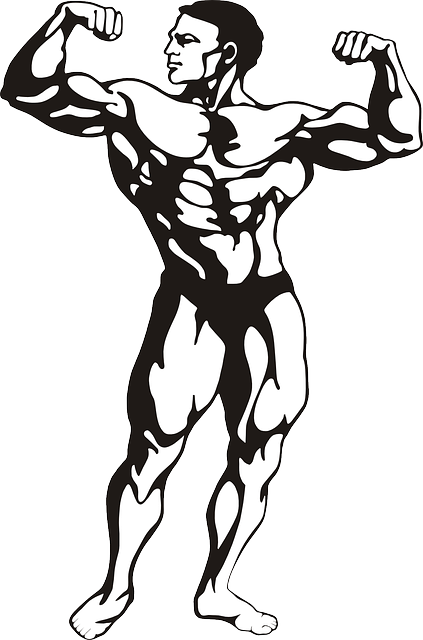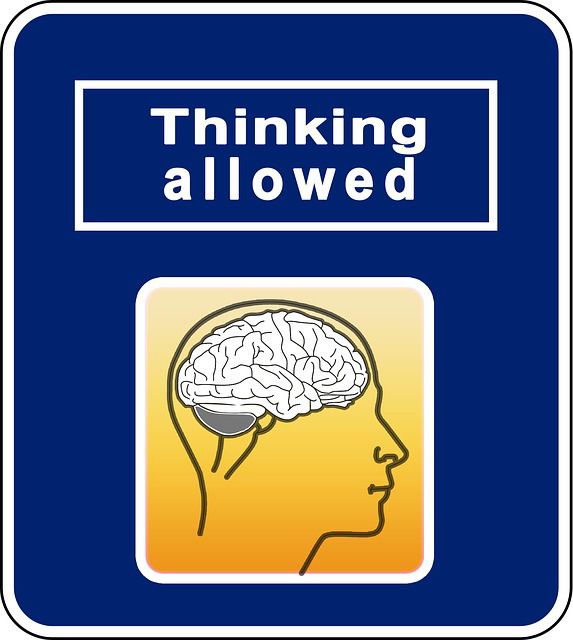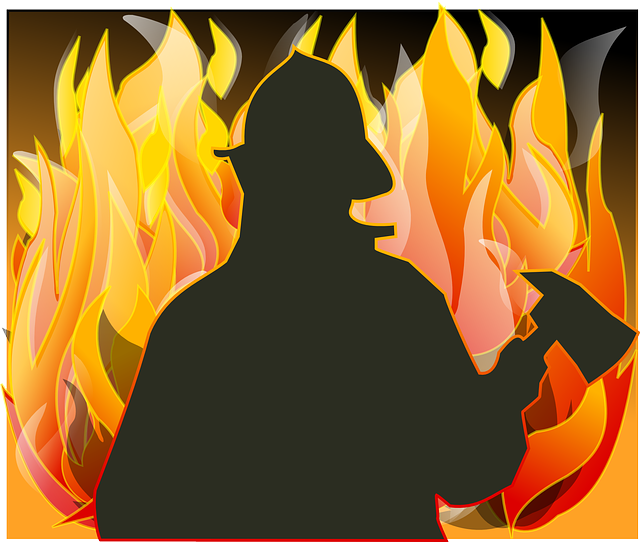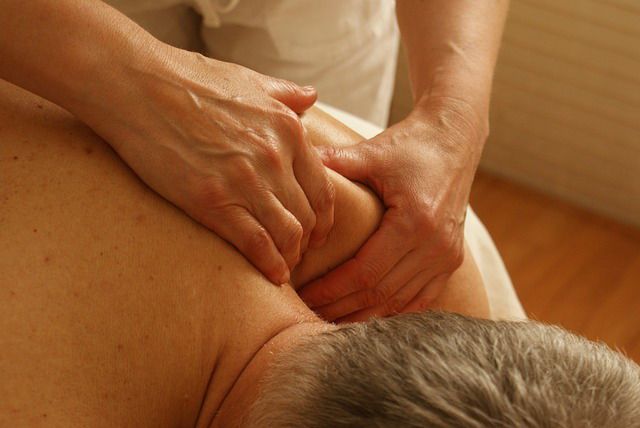
Vitamin S – what is it? Without it your chances of heart disease, cancer and dementia go through the roof. It is vital for every man, woman, and child. Every system in your body is desperate for it, but it is something your body can not chemically manufacture on its own. Like all vitamins, it has to come from your environment. Yet hardly anybody ever mentions it. We all hear about vitamins A,B,C,D, and E, but not S.
What is vitamin S? S stands for Stimulation and stimulation is just as vital to the body as all the rest of the vitamins. Our body desperately needs to participate with its environment in ways that stimulate the system. Without participation, everything degenerates. We don’t hear the name vitamin S because I just made up that particular name for it. But we also don’t hear about what happens if we don’t get the stimulation we need on every level.

This is probably most easily understood with muscles. If you don’t use a muscle to participate with the world, it wastes away. Muscles require movement against resistance. If you are not trying to lift, push, pull, or otherwise move stuff around in your world, your muscles go away. Just like a lack of vitamin C producing the disease scurvy, which also wastes your muscles away, a lack of resistance exercise wastes away your muscles.
Your bones work the same way. If you sit all day and don’t use your bones to fight gravity to be upright, they go away. This is a major problem for astronauts. There is no gravity out in space to stimulate bone strength. A couple months up in the space station results in a 50% loss in their bone strength. It takes them many months of rehabilitation to be able to function normally after they return from a stay in space. The same thing happens if you sit all day. But because you have to fight gravity just to sit up, the bone degeneration takes years instead of only months. Bone strength requires flexion stimulation to be strong. If you don’t stress your bones enough to make them flex and bend a little bit, they get weaker. We call this osteoporosis.

Your brain acts just like a muscle. Without stimulation it literally degenerates away. Your brain normally loses thousands of brain cells every day. If you don’t challenge your brain with activity, that number can jump ten-fold. I discovered this myself recently with the skill of reading. Years ago I could read a novel a day. Then I went a period of 15 years without doing any pleasure reading, only informational reading that only required reading a page or two at a time. A few months ago I decided to pleasure read again and discovered that I could not read more than 20 minutes straight without my brain getting fatigued. Plus my reading speed was one quarter what it used to be. I am building my brain stamina back, but it is slow – very much like working out at the gym for my muscles.
It is not just higher brain functions, like reading that I am talking about here, but really basic functions like balance and coordination that have to be regularly stimulated or they degenerate. I am always testing people to see if they can balance without using their eyes, and most of them can’t because they are not using that part of their brains regularly by walking on uneven surfaces.

The immune system has this same problem – it has to be stimulated to work properly. In our sanitary world we are eliminating the normal daily challenges our immune system was designed to fight. The consequence has been a massive rise in allergies and autoimmune disorders. The immune system constantly looks for something to fight. If it does not have its normal external enemies to fight, it invents enemies – like foods and our body’s own tissues. In fact in other countries that understand this problem, they are now actually giving patients gut parasites to give the immune system something to fight instead of attacking its own gut tissue, and it is working well.
Even fundamental chemical processes in the body respond to this need for stimulation and challenge. Something as seemingly simple as the formation of the basic energy molecules in the body is directly controlled by how much we use what we have. If we don’t use the energy we have, the system that makes it slows down and we have less to use tomorrow. That is why we have to do such seemingly backwards things like exercise to build up our energy levels. Logic would say that burning up our energy would be counterproductive and that we should rest to build up our energy. But the reality is just the opposite. Up to a point, the more we exercise the more energy we end up having.

Stimulus and challenge has an upper limit. Too much stimulus and challenge will tear down the body. The infamous over-training syndrome is an example of this. But this same reality applies to every other system in the body. Too much bacterial challenge will overwhelm the immune system and we die. Too much mental stimulation and the brain will shut down and brain cells will die by the thousands. The trick is to find just the right amount of stimulus and challenge to promote strength and improved function without overpowering the body.
The difficulty with finding the right amount of stimulus for the body is that everybody is different. More than that, the amount of stimulus we need changes every day. This is why to be healthy we have to learn to pay attention to what we are feeling. We need to notice when fatigue sets in. With weight lifting this is relatively easy – when you can’t lift the weight anymore, the muscle is fatigued. This is a little more difficult to measure with aerobic exercise. People frequently do more aerobic exercise than is healthy for their system. If you still feel fatigued 2 days after a workout, then that level of activity was too much.
Digestive capacity is a system that has good feedback cues, but which most American’s ignore. For instance, if you don’t eat meat for a length of time, your system stops being able to digest meat. It needs the stimulus of the meat to maintain its digesting capacity. What do you watch for to know what your digestive capacity is? Again, how do you feel? If you feel stuffed, you ate too much. If your stomach is bloated shortly after eating, you exceeded your digestive capacity. If you end up with diarrhea or constipation, you exceeded your digestive capacity. If you become bloated several hours after you ate, then you ate too many of the wrong starches. If you crash after eating by getting sleepy or dazed, you ate too many carbs. Conversely if you loose concentration by midmorning, then you are not eating enough of the right slow carbs for breakfast.

A major part of the effectiveness of many therapies, including Chiropractic, it that they stimulate brain pathways that simply are not getting enough of the right stimulation. Massage, acupuncture, yoga, meditation, aromatherapy, music, and so on, all serve to stimulate the brain in ways that support improved functioning.
The body runs on the “use it or lose it” principle. More than that the body systems are massively interconnected, so losing function in one area affects dozens of other areas. There is no one “thing” that will meet all our needs. We need a huge variety of participations with life that provide stimulation and challenge. Just doing exercise, or just doing brain teasers, or just doing any one thing will not meet our needs. We require variety. A great example of this interconnectedness is the fact that the single greatest thing you can do to improve your thinking brain function is physical exercise. You would think that solving math problems or learning a foreign language would be best, but repeated studies have shown that exercise does more for thinking ability than anything else.

We need sounds, smells, tastes, feels, sights, movements, and connections of all sorts. We need to attend to life, immerse ourselves in stimulations that bring us pleasure and challenge. We have to keep ourselves on the cutting edge. In life you are either climbing uphill or sliding downhill. There are no plateaus in life, no resting points where we have “made it.” As soon as we stop taking on the challenges life offers, we start to degenerate. That is why when patients ask me when I plan to retire; I say the word is not in my vocabulary. I will keep doing what I do as long as I love doing it and it stimulates my interest. One of the biggest reasons I got into the healing field was because I wanted to do something that would challenge me to keep learning forever.
What is the key message today? Stretch your limits, push your boundaries, take up the challenge of life and live fully. This is not just a life philosophy, but a pathway to health. You need challenges to be healthy. Embrace them.
